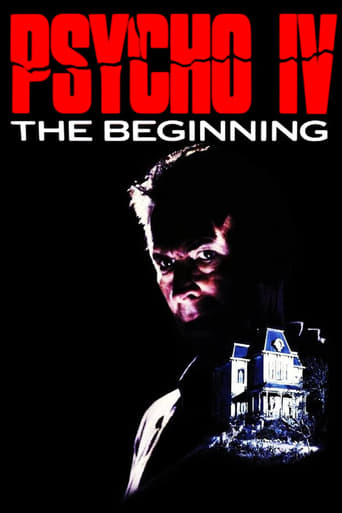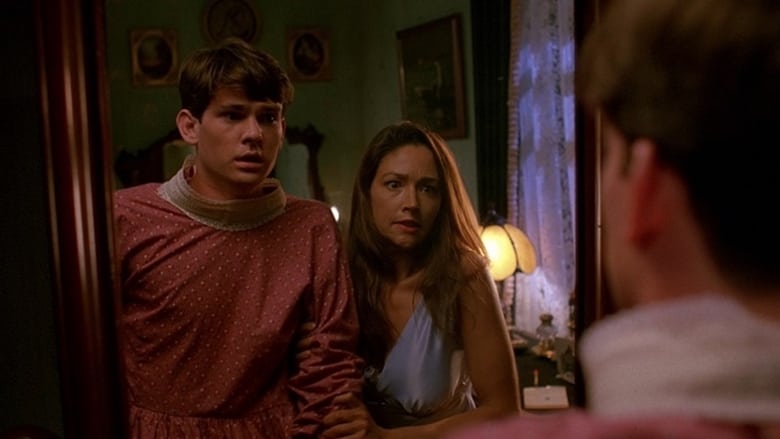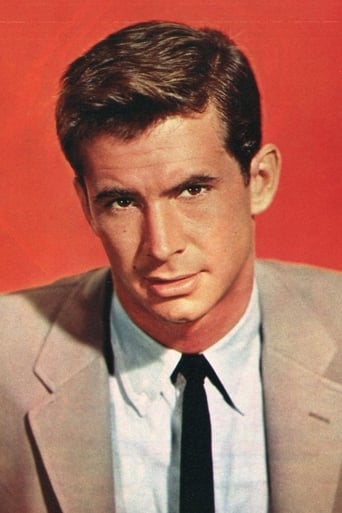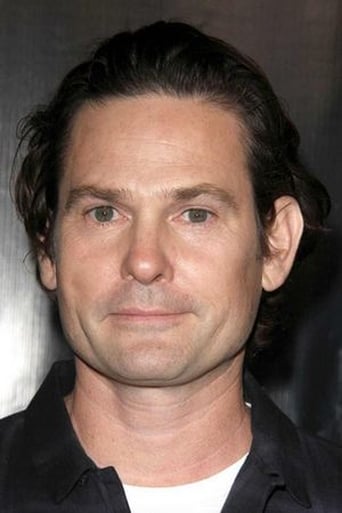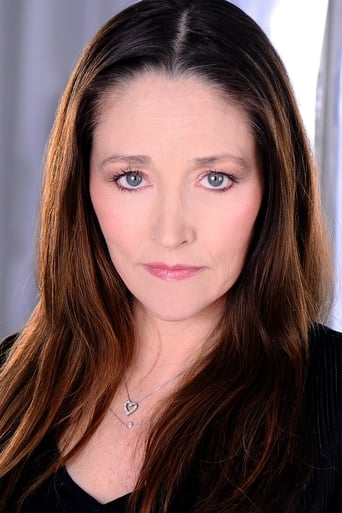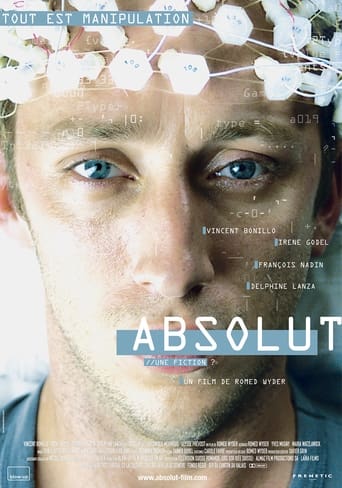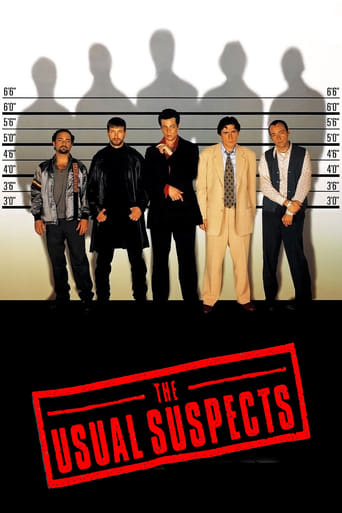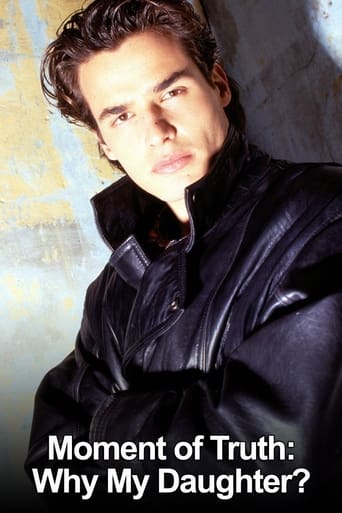Psycho IV: The Beginning (1990)
When he hears talk radio host Fran Ambrose discussing the topic of matricide, Norman calls in under a false name to tell his story.
Watch Trailer
Cast
Similar titles
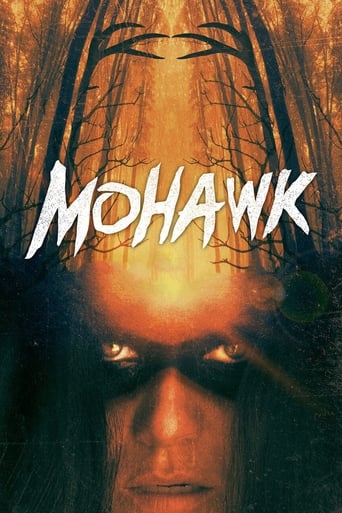

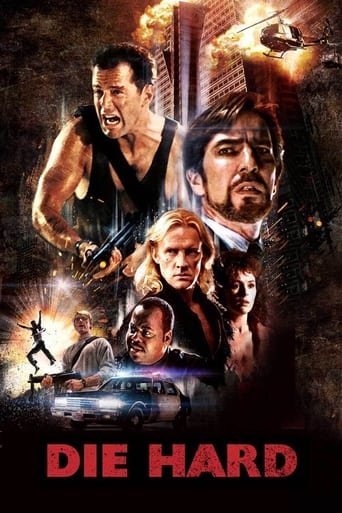
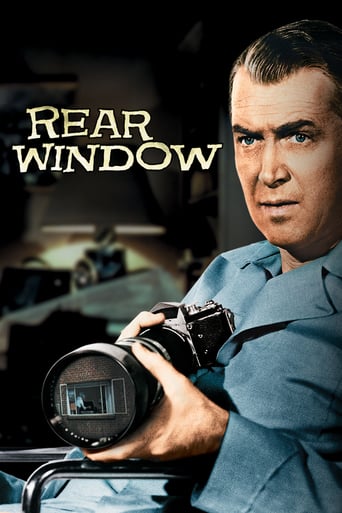
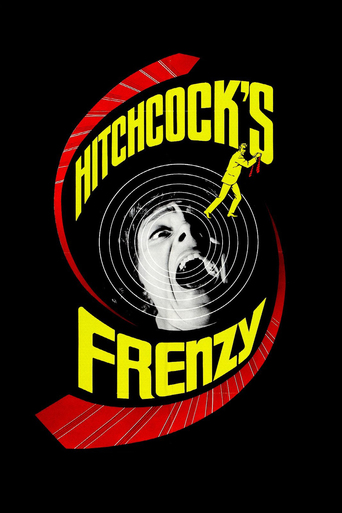
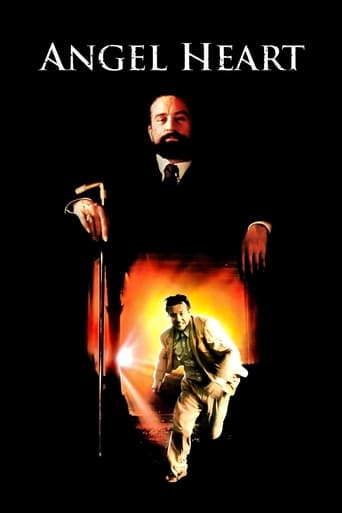
Reviews
hyped garbage
Don't listen to the Hype. It's awful
Admirable film.
Ok... Let's be honest. It cannot be the best movie but is quite enjoyable. The movie has the potential to develop a great plot for future movies
Mick Garris delivers a film with visual flair and style, yet in this horror sequel, the lack of story is the most disturbing element.This is a film overly fascinated with back story – something that should be expected from a prequel, I suppose – however, this is why it crumbles. The wonderful subtext that was present in the original Psycho film and even the sequels, is now front and center. The abusive relationship between Norman and his mother is no longer left to the imagination, but is now displayed clearly as a main feature of the movie. While getting a chance to finally meet Norma Bates piques our interest, it could never possibly hope to do justice to all the build up from the last three films. (An over- dramatic performance from Olivia Hussey doesn't help.)The movie in some ways is representative of the Psycho franchise, an incredible opening, a slightly disappointing second act, an interesting and dazzling third, and a sputtering failure for the fourth.Henry Thomas gives a tremendous turn as a young Norman Bates, while Anthony Perkins does as well as he can with the material he's given. Overall, however, these performances and the slick visuals can't carry this generally overacted and poorly written TV drama.
Anthony Perkins returns as 'former' psychotic Norman Bates in this cable-made entry in the "Psycho" series, here phoning a radio talk-show in the present day to discuss the topic of matricide; flashbacks show us the teenage Norman and his volatile relationship with his widowed mother, which had incestuous overtones. Joseph Stefano's script isn't very strong--the constipated narrative is full of stop-and-start action--while director Mick Garris' pacing is doggedly straightforward (despite some artistic flourishes early on). The victims are all promiscuous women, and Henry Thomas as young Norman (perhaps cast for his lanky frame) isn't up to rigors of a madman role--he's too intrinsically decent. Olivia Hussey does a fine, colorful job as the tempestuous Mrs. Bates and, as always, it's nice to see Perkins reprising his most famous character. About on the same level as "Psycho III", itself a long way off from the bar originally set by Alfred Hitchcock.
The fourth and final film in the franchise, called The Beginning, is half prequel and half sequel and originally aired on television. The reason way Psycho 4 can be labeled a prequel is because there are more flashback scenes than current, present scenes occurring within the film's run-time. The premise of him calling into a radio show about his past is a little corny but since it's original within the horror genre, it didn't mind myself as a viewer as much.The part that's most enjoyable about The Beginning is the flashback scenes since they really dug deeper into Norman's relationship with his mother. In these scenes, Olivia Hussey was amazing as Norman's mother, a tremendous part to a good cast; she looked absolutely stunning and demonstrated a phenomenal skillset as an actress. Don't get me wrong though, there were scenes with poor acting by other cast members and bad dialogue throughout the film. The movie doesn't add much to the story overall, but clears up a lot of questions that were originally left to the audience's imagination. The Beginning is the last film in the franchise, and actually wrapped itself up really nicely at the end, which is sometimes rarely done in the horror genre. Psycho 4: The Beginning is nothing extraordinary but a decent watch, along with the other sequels, so it's truly best to watch all of the films in a row after Hitchcock's classic original.
It is a received idea of film criticism that sequels are (subject to a few recognised exceptions such as "Godfather II") never as good as the original film and that the more sequels a film generates the weaker they will become. The first three episodes in the "Psycho" series seem to bear out this received idea. Alfred Hitchcock's 1960 "Psycho" is, with justification, regarded as one of the great classics of the cinema. Richard Franklin's "Psycho II" is no classic, but it is at least a watchable thriller in its own right. "Psycho III", directed by its star Anthony Perkins, is quite honestly a horrid mess, a film that achieves the difficult feat of being gruesome without being in the least scary. I therefore had no great hopes for "Psycho IV: The Beginning", which was made as a television movie as "Psycho III" had been a financial flop. In the event, I was to be pleasantly surprised. You might have thought that, after the mayhem committed by Norman Bates in the second and third films, he would have been locked up and the key thrown away, and that he would never have been released again, no matter how many psychiatrists could be found to pronounce him sane. It therefore comes as some surprise to see him free at the beginning of this film. The reason is that the scriptwriter Joseph Stefano, who also wrote the screenplay for Hitchcock's original, disliked episodes II and III and, unusually for the writer of the fourth entry in a franchise, felt at liberty to ignore the second and third instalments completely. There is therefore no mention of Norman's supposed aunt Emma Spool or of the crimes Norman committed in those films. Norman's father dies after being stung by bees; he is not murdered by Emma, which is the explanation given for his death in "Psycho II". This film, therefore, should be seen as an alternative sequel to Hitchcock's, not a sequel to "Psycho III". It also serves as a prequel because it contains flashbacks to events which occurred before the events of the original. Another link with Hitchcock's film is the use of the original theme music by Bernard Herrmann. One element Stefano does borrow from earlier episodes is "Norma", the Christian name given to Norman's mother in "Psycho II"; in the original she is simply referred to as "Mrs Bates". The suggestion is that Norman has been named after his mother by receiving a masculine version of her name. This is an unusual way of naming a boy- it is much more common for boys to be named after their fathers or other male relatives- and the similarity between their names may have been intended to symbolise Norman's confusion between his mother and himself. The framework for the film is provided by a radio talk show where the host is discussing the topic of matricide with her guest Dr. Richmond, Norman's former psychologist. Norman calls the show, using an alias to tell his story, which is told in a series of flashbacks. We get to see for the first time how he murdered his mother and her lover, Chet Rudolph. Another plot line concerns Norman's wife Connie, who is pregnant, and his fears that the unborn child will grow up to inherit his madness. One of the weaknesses of "Psycho III" was that there were no acting performances of any real merit other than that from Perkins himself. "Psycho IV" is much better in this respect. We get to see Norma Bates for the first time, and she was not a bit like the woman I had envisaged. After seeing "Psycho" I had always envisaged her as a monstrous old harridan, fiercely narrow-minded and puritanical. The character played by Olivia Hussey (perhaps best-known as Zeffirelli's Juliet) is very different, an attractive but obviously troubled young woman, suffering from some kind of mental illness, possibly schizophrenia. Left widowed at an early age, she is at times a loving and affectionate mother to her only son, but at others can be either over-familiar or cruelly abusive, locking him in a cupboard or forcing him to dress as a girl. She can be prudish where sex is concerned, but can also behave in a seductive way with her boyfriend Chet. Chet himself takes a dislike to Norman, whom he finds insufficiently manly, and takes any opportunity to humiliate him. There is another good performance from Henry Thomas as the young Norman, a sensitive and lonely youngster. His own mental troubles are partly due to his genetic inheritance and partly to his strange upbringing. He is good-looking and attractive to girls, but because of his mental issues finds himself unable to relate to them. Perkins clearly wanted to arouse pity and sympathy for Norman, not merely depict him as an abhorrent monster, and with Thomas's assistance he succeeds in this aim here far better than he did in "Psycho III". In fact, I liked the "prequel" flashbacks more than I did the "sequel" part of the film. The radio phone-in framework struck me as a bit of a gimmick, and the scenes involving Connie are not very memorable. The scenes of Norman's early life, however, are gripping, and I felt that they achieved the rare feat for a sequel of adding something to our understanding of the original film. 6/10
